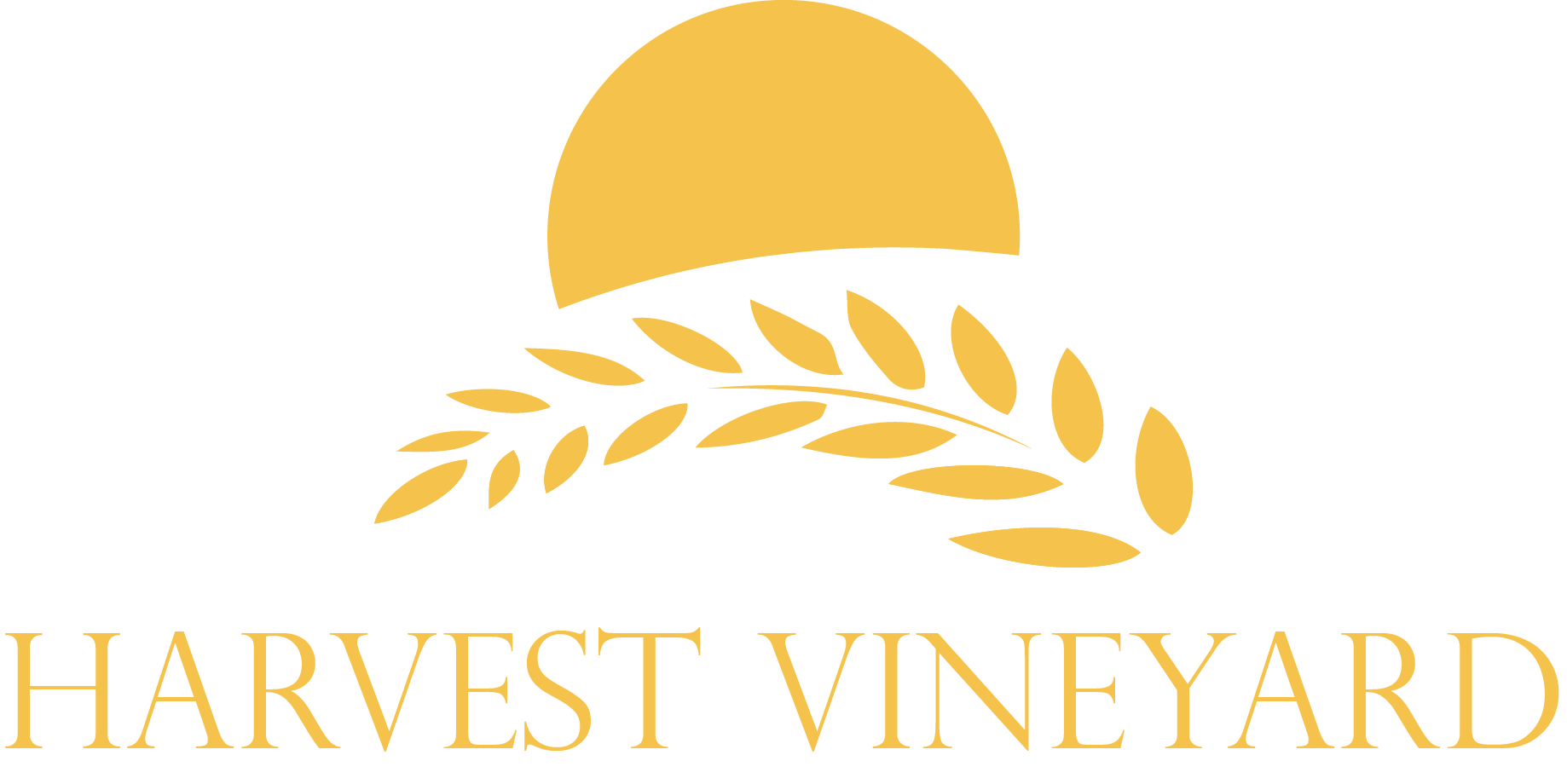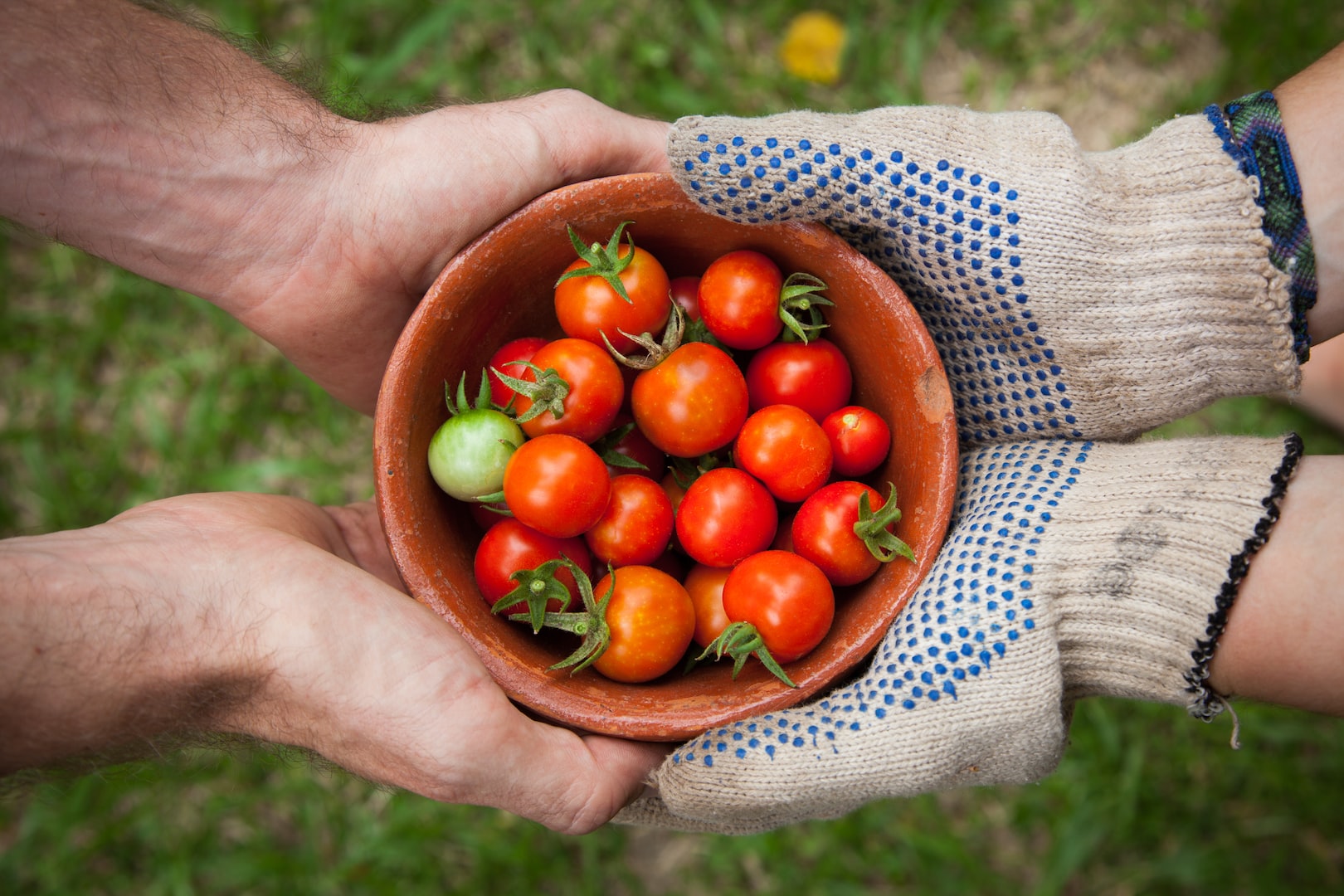The phrase "farm-to-table" may be familiar to you. It’s a social movement also known as "farm-to-fork" which advocates offering local food in cafeterias at restaurants and schools, preferably by purchasing it directly from the supplier which might be a winery, brewery, ranch, fishery, or other types of food products which is not strictly a "farm".
Families that lack access to healthy food find themselves burdened with medical issues and unable to concentrate on their jobs and aspirations. The Sustainable Farm to Table initiative set out to address the issue of food security. Food security, in the eyes of the Sustainable Farm to Table movement, is a matter of emancipation. Communities can obtain nourishing food and resources when there is food security. Communities are connected via the movement to one another and to consumers of their produce, and capacity-building initiatives offer them the tools they need to become independent.
The ability to sell produce directly to neighborhood businesses and consumers who are reconnected to the source of their food benefits the community. Farmers are able to influence menus because of these cooperative ties, which lowers the amount of waste generated on the farm.
Farm-to-table cuisine compels us to reconsider how we connect, live, and eat in a society rife with waste and oversaturation. But like with any significant improvements, they always begin as a series of gradual, incremental steps.
Additionally, people enjoy knowing where their food is produced. People are turning away from mass consumerism due to reports of animal cruelty, shoddy imports, and unfavorable working conditions in connection with large chains. They are aware that by supporting companies that engage in those behaviors, they are approving the trend's continuation.



